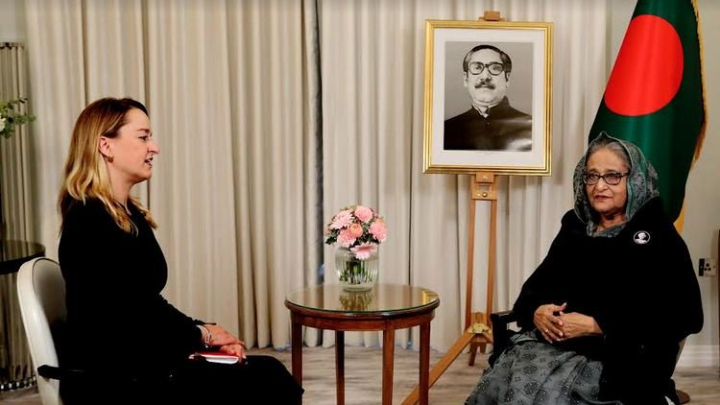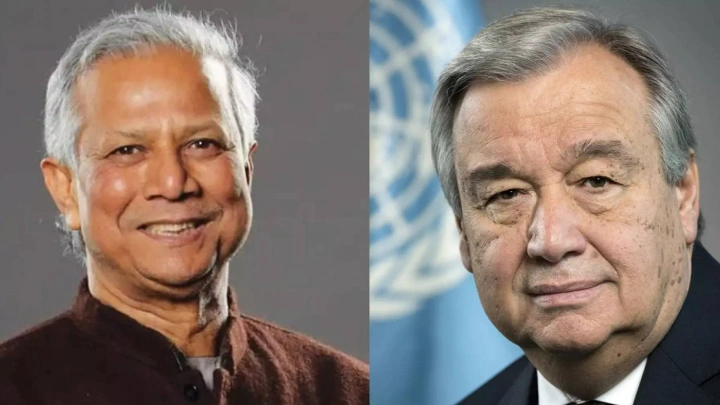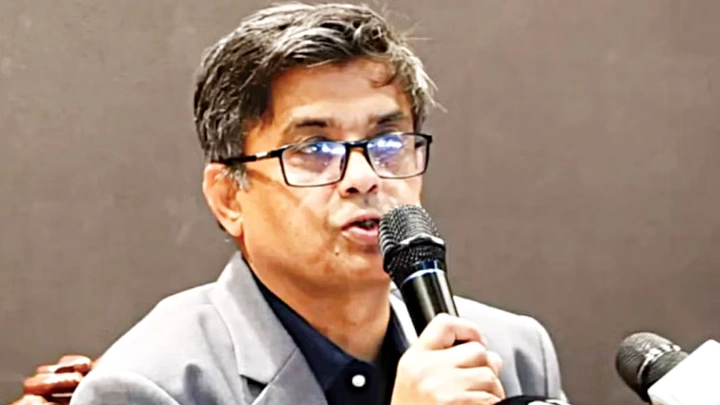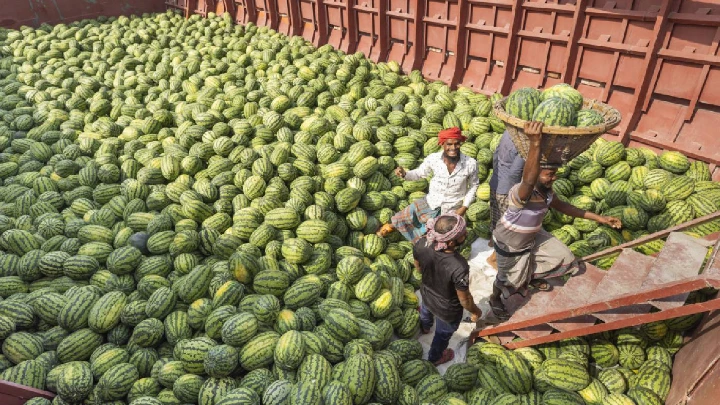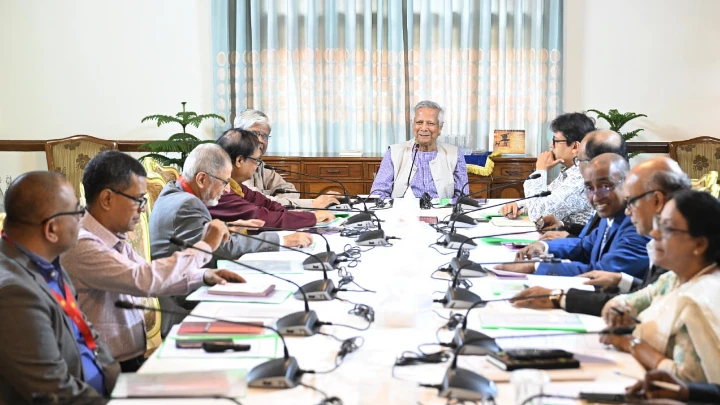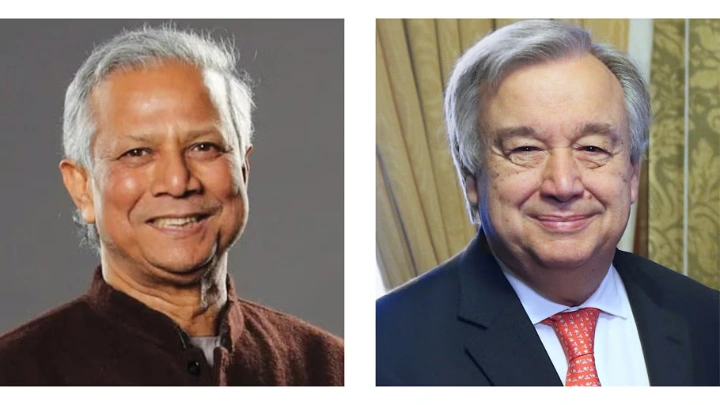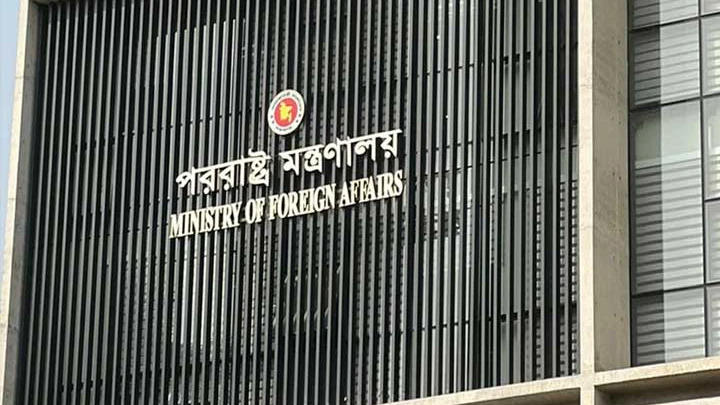PM interview with BBC: fondly recalled her personal memories for decades with Queen Elizabeth II
Shining BD Desk || Shining BD
Prime Minister Sheikh Hasina has fondly recalled her personal memories for decades with Queen Elizabeth II in an exclusive interview with BBC as she is now in British capital to join her funeral along with other world leaders.
“Where is HA-SINA?, I can’t see her,” she told interviewer BBC journalist Laura Kunessberg, quoting the late queen during one of her visits to Buckingham Palace with Commonwealth heads of government coinciding with a summit of the grouping.
Sheikh Hasina, who earlier in a condolence statement issued instantly after the Queen’s death had said she felt like losing a guardian, appreciated the late monarch’s caring personality and memorizing capacity.
“I feel for this world she was not only a queen, but also a very affectionate and motherly personality, whenever I met her, I felt that,” the Bangladesh premier told the BBC.
She recalled her glimpses of the Queen first in pre-independence period in 1961 when she visited the then East Pakistan, now Bangladesh.
“We were very young and went to my father’s (Bangabandhu’s) office, because we knew that she was passing through that road (in front),” Sheikh Hasina recalled.
“So all of us, the whole family, were eagerly waiting in the windows with binoculars so we can see her more (clearly).”
Sheikh Hasina said when she became the prime minister she met the queen in every Commonwealth summit.
“I attended about seven or eight commonwealth summits. Every time, I had the opportunity to talk to her,” she said, adding, they talked for a long time and an identical conversation took place during the Olympic Games as well when she visited England on the Queen’s invitation.
The premier said Her Majesty was a queen of the United Kingdom “but she is the leader of the Commonwealth also. As a member of the commonwealth, she has a great value to us”.
Sheikh Hasina said the queen’s role in the Commonwealth was crucial as in an inter-dependent world today, the grouping was of great utility for the benefit of the member countries.
“Commonwealth means a lot for the member countries . . . there are many (Commonwealth) countries, developed countries, developing countries and poor countries, small island countries,” she said.
The prime minister also touched upon Bangladesh’s domestic issues concerning international arena ahead of the country’s 2023 elections saying she herself struggled for establishing democratic process and ensuring free and fair election.
"Of course, it is my struggle to establish democratic system and free fair election. Only during the Awami League time you can see free, fair election," she said replying to a question.
The interview was aired on late Sunday, when the premier said many people could lodge complaints about incidents of disappearances in Bangladesh, but one needed to judge how far the allegations were true.
“Before knowing that no one should make any comment,” she added.
Responding to a question on the allegation, she counter questioned the BBC journalist saying “how many people disappear in your country as well as other countries? You can judge”.
“All these issues, I think, first you have to take into consideration,” she said one should make allegations after collecting all the information.
The Prime Minister recounted Bangladesh’s post independence period was featured by direct or pseudo military rules for a long time, “overtly or covertly”.
"In 1975, my father (Father of the Nation Bangabandhu Sheikh Mujibur Rahman) was assassinated,” she told the interviewer adding at that time she lost most of his family and extended family members “including my mother, my three brothers, and two sister’s in-law”.
“A total of 18 members were brutally murdered" she said and recalled in the subsequent 21 years Bangladesh had witnessed a series of coups alongside abortive putsches for around 20 times and “every time there was bloodshed”.
"There was no democracy, no democratic rights, so I struggled to establish democracy in my country," she said adding after certain period of direct military rule, the dictators formed political parties and never went to people to seek vote.
“They used the army, used the administration and used everything just to cling to power,” the premier said.
By BSS
Shining BD

